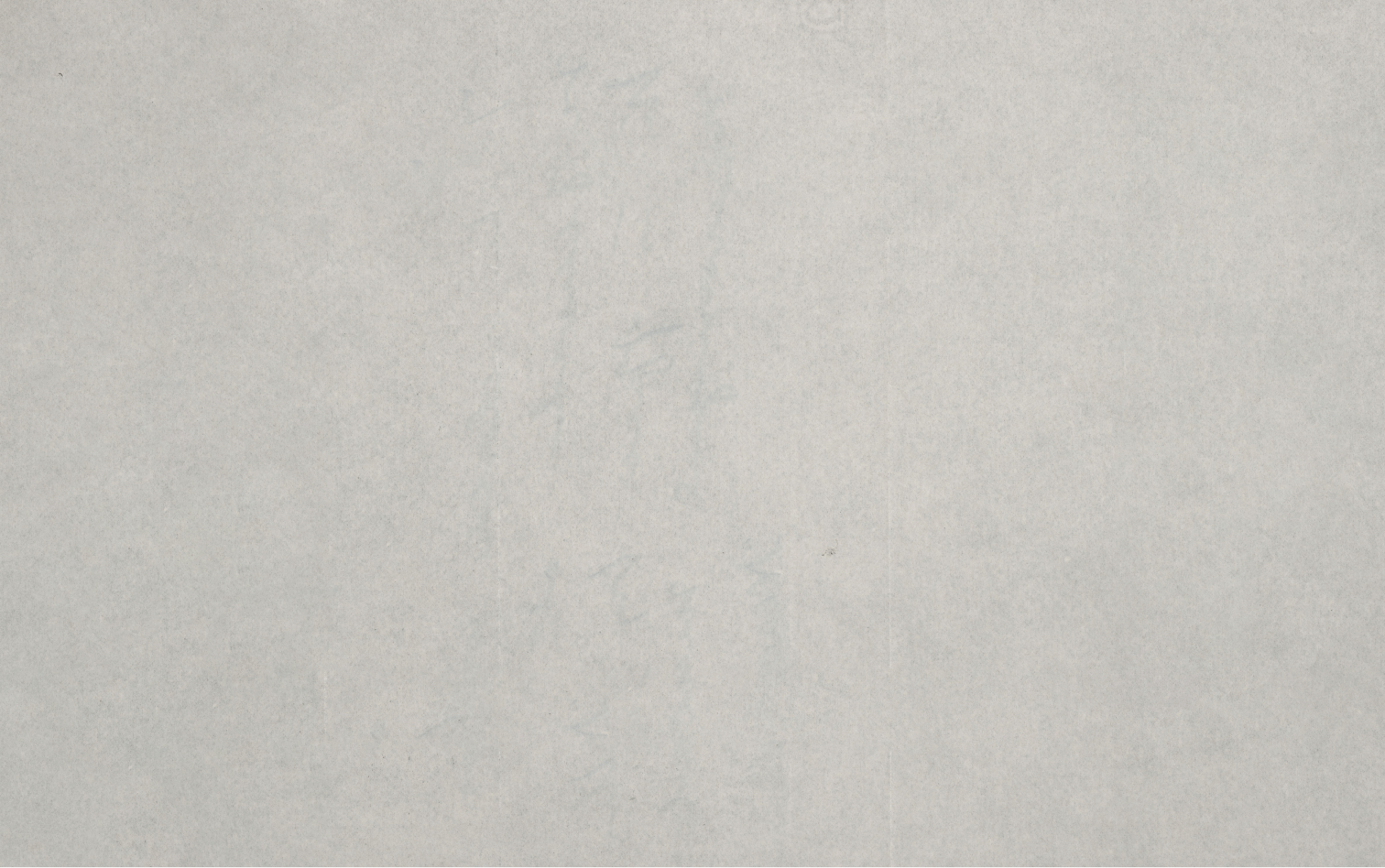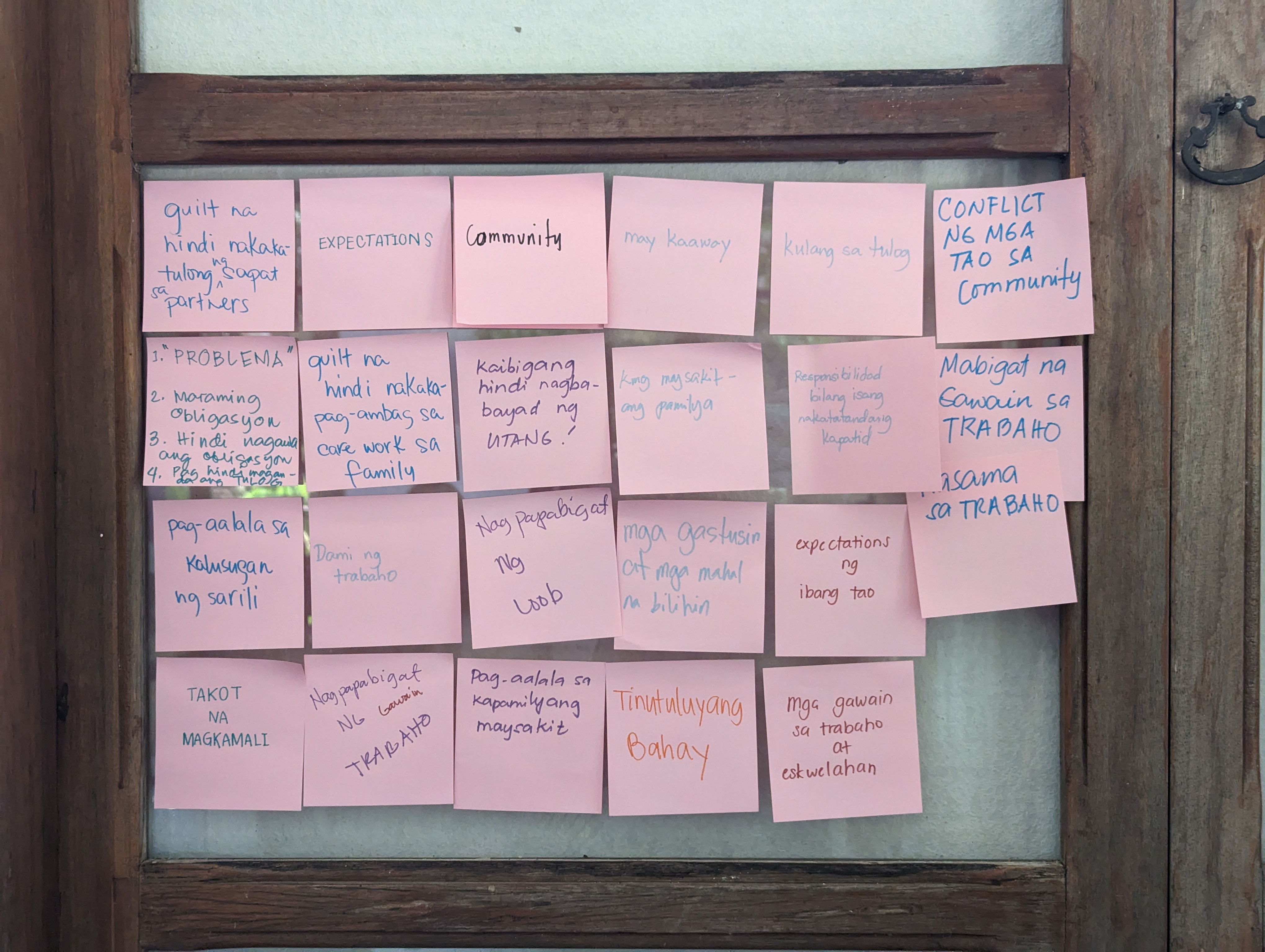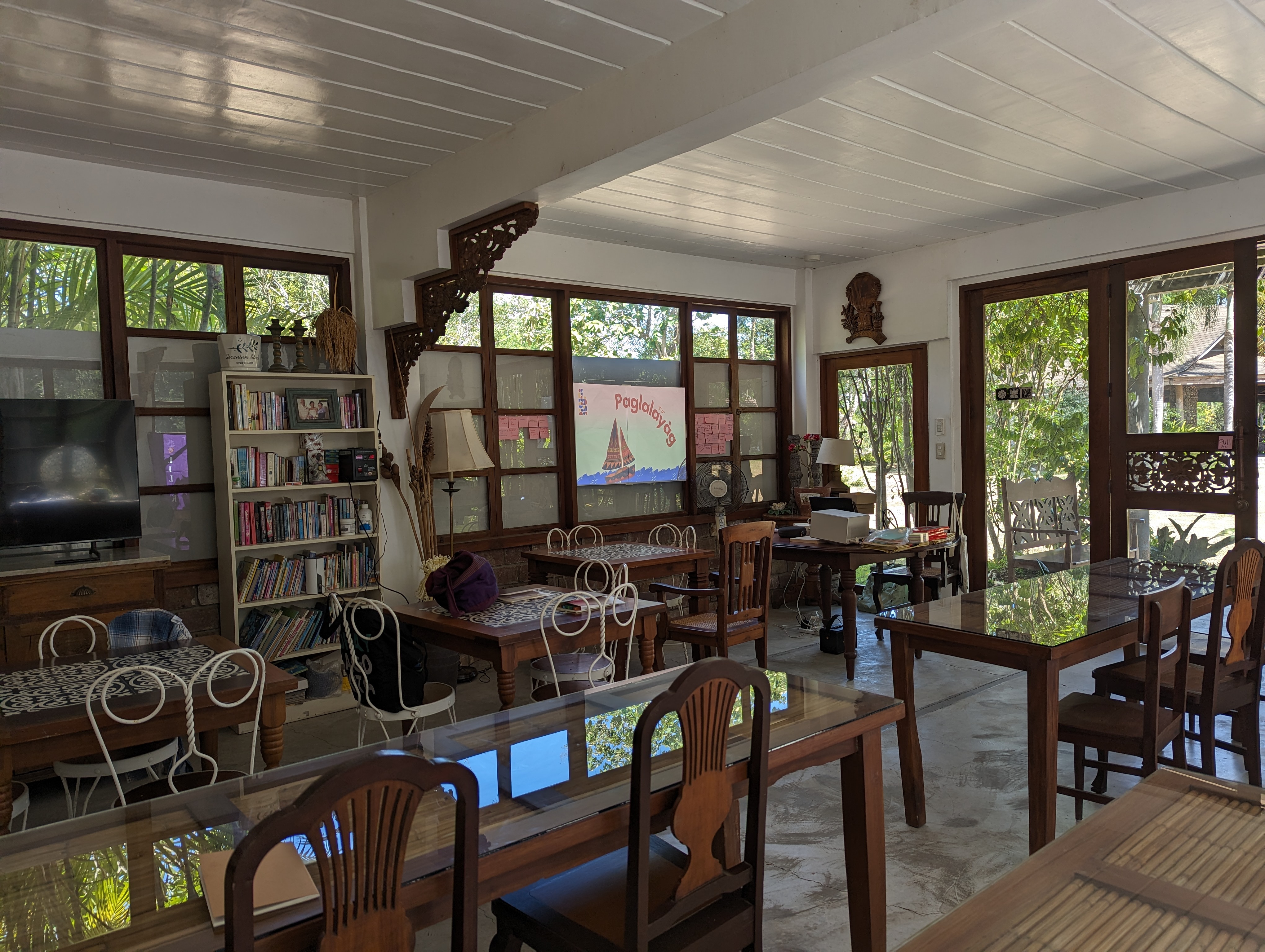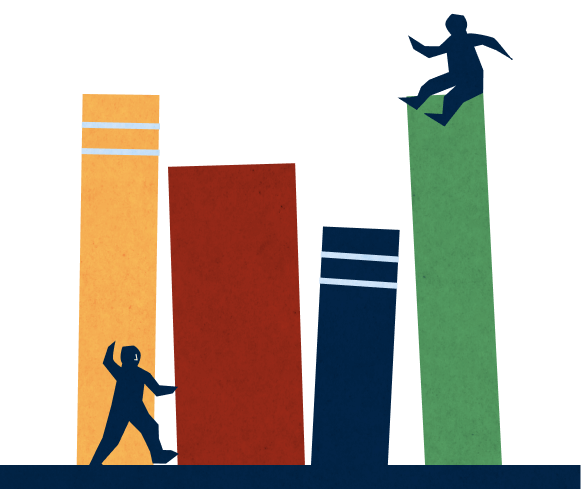
Last May 2024, Keri: Caring for Activists was invited to co-facilitate a 3-day Collective Care Retreat for a national network of indigenous women leaders and communities. This was in response to the organization's desire to center care, create a space for rest and relationship-building among indigenous women defenders and human rights defenders/workers/staff. With this retreat, we recognize the beauty and limitation of expression given how many of the indigenous defenders speak different indigenous mother languages or regional languages, and we're only able to respond in Filipino (Tagalog & Binisaya). Despite this, the defenders meaningfully gave time and effort to share their stories.
Note: The absence of faces in the following photos including the spaces/place demonstrates the extent of security required of defenders because of state-sponsored violence in the Philippines. We are unable to share freely because of the environment of sociopolitical violence where we are navigating in. For protection, we have removed faces, organizations' names, and other identifiable information intentionally. This is state censorship and silencing.
.jpg)
The Paglalayag (Freedom Voyage) involved the following activities:
1. Sayaw ng Kalayaan: Dance of freedom movement and grounding activity, where we choreographed and danced together to enliven our bodies, remember beautiful childhood memories, while sharing this as a community.
2. Body Mapping: We facilitate a guided body mappping activity where we lay down and landscape the co-existing terrain of pain and pleasure / joy that inhabit our bodies. We deeply listen to the heaviness born and built from oppression that reside in defender's bodies, while also highlighting the sites of resistances that bloom. These recognize the Filipino Ginhawa concept of Pagdadala (Burden-bearing) and Gaan/Gana (lightness).
3. Joy and Awe through Expressive Arts, Recreation, and Play: We invited two artist-advocates/activists to hold space and facilitate weaving and pottery, to allow time for the women leaders for self-expression, grounded expression, and tactile sensory focusing. The beautiful location also allowed for nature exploration and swimming, where they spent time in the pool, leisurely walking or jogging, or singing karaoke in the evenings. Staff from the national organization also led the Solidarity or Cultural Night, where we played games together, laughed, and enjoyed each other's talents (such as through song or dance).
4. Psychopolitical Understanding: Critical consciousness raising on the intersections of mental health with social injustice / human rights violations, through mapping the psychosocial impact of effects of systemic injustice, understanding how deep emotions appear under politically repressive environments, recognizing psychopolitically burnout, compassion fatigue, and/or trauma when under high-risk environments. Under political repression, indigenous women defenders aresubjected to continuous and complex emotionally demanding experiences, such as legal harassments, direct physical violence, or character assassinations / smear campaigns that deprive them of the integrity of their own narratives.
5. Ginhawa (wellbeing) and Collective Care: We spent time imagining and dreaming about spaces where care and wellbeing are at the center, and how these are culturally and indigenous-informed.
.jpg)
Narratives shared from the indigenous women leaders centered on the psychosocial harm, trauma, and suffering brought about by intense and escalations of red-tagging and human rights violations. This includes extrajudicial killings of indigenous leaders in their community, land grabbing, developmental aggression (such as from building dams, or other mega-projects), land conversation projects, and overlapping gender-based violences experienced. Some indigenous women leaders experience psychosomatic experiences, such as continued bodily pains or aches or difficulty/inability to walk, embodiments of the trauma born from braving through sociopolitical violence that has and continue to endanger their, their family's and their communities' lives.

The extent of the psychosocial impact and harm of red-tagging was also touched on. Such as how red-tagging leads to threats and risks, where defenders have had to be hypervigilant when travelling (e.g. when riding the bus or the plane) due to restricted movements and state surveillance.
Despite these experiences that the indigenous women leaders and defenders were carrying, they've shared about their desire for cultivating and nurturing wellbeing alongside their continued resistance and struggle for their rights. This includes nourishing their individual health (and mental health), creating more psychological safety in their communities and organizations, and continuing the struggle for their rights for the wellbeing of indigenous peoples and for all.

.jpg)
.jpg)




